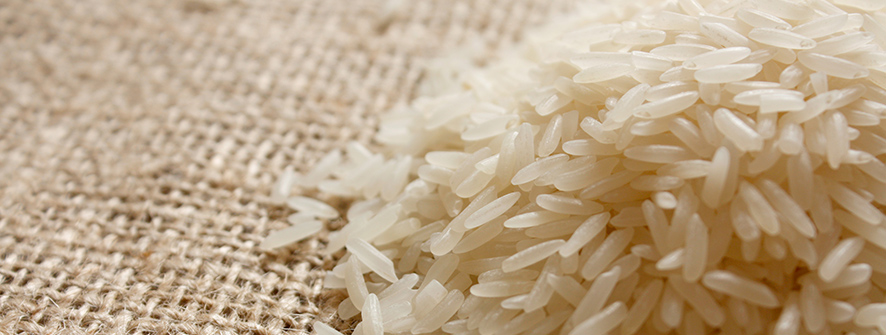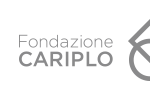FIRST


Acronym of French-Italian Rice Science and Technology initiative, FIRST is the first action jointly designed by Fondazione Cariplo and Agropolis Fondation. FIRST supports agri-food research projects featuring the collaboration of scientists from Italy, France and emerging/developing countries. The initiative falls within the alliance the two European Foundations made in September 2011 to pool together and leverage their respective expertise for the support to research projects in this field.
The two Foundations have embarked on FIRST to respond to the challenge of securing food for the steadily increasing world population, while minimizing the environmental impact of farming practices. The two foundations elected to focus their first joint initiative on a cereal grain, rise, which is the most widely consumed staple food and the most important food crop in most developing countries, both nutritionally and economically. For these countries rice often means food security and its availability is closely connected to political stability.
Rice provides over 20% of the daily caloric intake to over 3.5 billion people, i.e. about half the world population. An excellence source of complex carbohydrates, rice is rich in nutrients, vitamins and minerals. Rice is the staple food for people in developing countries.
Over 1 billion people depend on rice cultivation for their livelihoods. This cereal grain is grown in 122 countries in 5 continents and its cultivation is the main economic activity for millions of poor people in rural areas in the developing world. About 90% of world rice is grown in Asia in over 200 million rice farms most of which are smaller than 1 hectare. Rice cultivation is rapidly growing in the African continent (3.4% of world production) and in Latin America (3.5% of world production). North and Central America account for 1.4% and 0.4% of world production, respectively. Mediterranean Europe accounts for just 0.6% of world production. Italy is Europe’s major producer both quantitatively and qualitatively: over 50% of European rice is produced in our country, mostly in the plains of Lombardy and Piedmont.
Rice is a versatile crop that has adapted to the broadly different soil and environmental conditions in the five continents. The factors that affect rice production, e.g. cold, heat, water, biotic stresses (insects and pathogens) are similar in the various producing countries of Asia and the rest of the world.
FIRST’s overarching goal is to secure rice availability by increasing its production via the adoption of more efficient, more environmentally sustainable production systems that use less land, water, labor and other inputs yet safeguard the nutritional qualities of rice. In a nutshell, this means increasing rice production in a fair, sustainable way.
The specific goals of this initiative are to:
- increase rice production by investigating the common factors that impact rice production in France, Italy and emerging/ developing countries
- facilitate the transfer of competences and results to scientists and producers in emerging/developing countries.